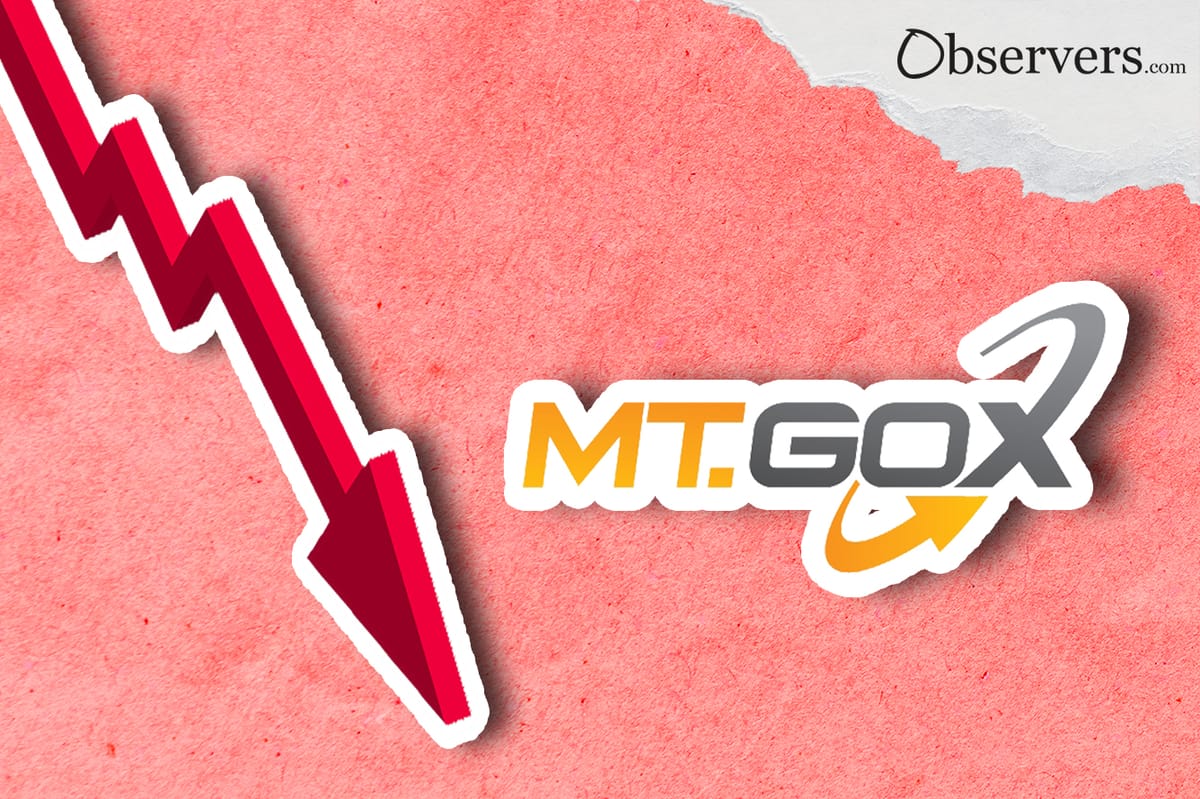
What is Mt. Gox?
We’re guessing that you haven’t heard about Mt. Gox for a while, so let’s start from scratch. Mt. Gox was a Japanese bitcoin exchange launched in 2010. Back then it was the most public and well-known brand that represented Bitcoin’s exchange market. It was handling over 70% of all bitcoin transactions worldwide by early 2014, when it collapsed.
What happened to it?
On 24 February, Mt. Gox suspended all trading, and its website went offline hours later. The collapse affected nearly 24,000 creditors. Some documents showed that the company was insolvent after having lost more than 744,000 bitcoins and thefts that had gone unnoticed for years. Later the company said it had lost almost 750,000 of its customers' bitcoins, and around 100,000 of its own bitcoins, totalling around 7% of all bitcoins in circulation currently. Further investigation led to a conclusion that most or all of the missing bitcoins were stolen straight out of the Mt. Gox hot wallet over time, beginning in late 2011.
What was the result of almost a decade of litigation?
Japanese courts approved a petition for the exchange to begin civil rehabilitation for Mt. Gox creditors in June 2018.
The initial schedule was delayed because of difficulty in determining the value of the lost bitcoins at the time of the hack and calculating the amount of compensation that each creditor was entitled to receive. The process had involved a lot of legal and financial analysis, which took a significant amount of time. Another factor causing the delay was the legal disputes between creditors and the trustee over the handling of the case.
Nevertheless, in October 2021 Mt. Gox trustee announced that roughly 99% of the creditors affected by the collapse approved of a rehabilitation plan . Unfortunately out of the 850,000 BTC owed, the exchange seems to only have around 150,000 BTC to pay to its creditors.
What is going on now?
Since then there have been many rumors that the pay out could happen soon, but nothing has happened yet. It was expected that the payments would take place in instalments, to avoid a situation when thousands of BTC sold all at once would create a slump in the price of Bitcoin.
In October 2022 it was announced that creditors had time until January 10 to select a repayment method and to register payee information in an online rehabilitation claim filing system. Now this deadline has moved to March 10. Consequently, the deadline for the repayments has also moved from July 31 to September 30.
What does this story teach us?
Today we see more and more similar stories. Mt. Gox was just the first one in the line of exchanges that faced insolvency problems for one reason or another. Mt. Gox’s lesson shows that recent lawsuits, for example, the FTX case, may take years or even decades, which means that users won’t see their funds any time soon. And that is one of the reasons why the crypto world - and especially exchanges - need regulating.
What’s next?
We hope that the Mt. Gox case eventually will have a happy ending. Let’s see if creditors will actually see at least some of their funds by September and let’s observe how the market, and especially BTC price will react to it.
We will provide you with updates on this story ASAP, and may your funds be safe!

